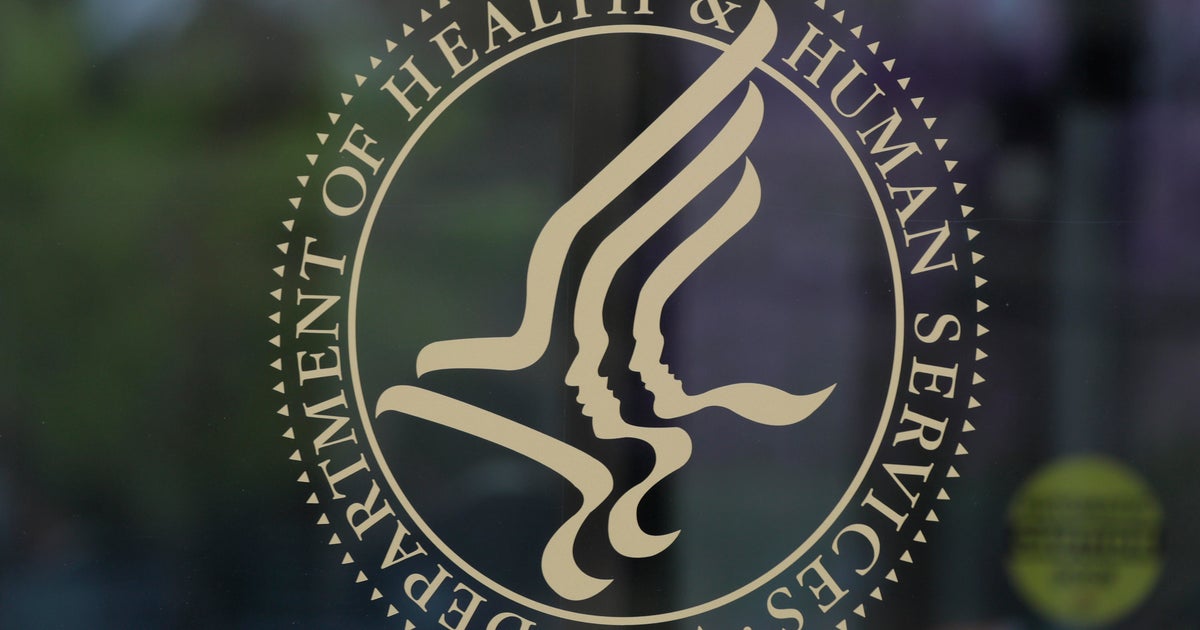Today in Crypto, Ethereum developers have activated the network’s Pectra upgrade, bringing smart accounts, higher staking limits and improved scalability through key Ethereum improvement proposals (EIPs), US Democrats have launched a new assault targeting President Donald Trump’s involvement in various memecoin and crypto ventures, and New Hampshire has greenlit state crypto investments.
Ethereum’s “Pectra” network upgrade goes live
Ethereum — the network that unleashed smart contracts on the world — moves on to the next chapter with today’s Pectra upgrade, but what does it mean?
Pectra went live on the Ethereum mainnet at the start of epoch 364032, May 7, 2025, at about 10:00 am UTC. The three main EIPs included are EIP-7702, EIP-7251 and EIP-7691.
EIP-7702 allows externally owned accounts to act as smart contracts and cover gas expenses (transaction fees) and payments in tokens that are not Ether (ETH). EIP-7251 increases the validator staking limit from 32 ETH to 2,048 ETH, which makes operations for large stakers easier and simpler.
Finally, EIP-7691 increases the number of data blobs per block, which allows for better layer-2 scalability and potentially significantly reduces transaction fees. Sergej Kunz, co-founder of Ethereum decentralized exchange (DEX) aggregator 1inch, said Pectra “introduces ‘smart account’ functionality” at deeper protocol levels and “improves Ethereum’s scalability” through layer-2 solutions.
Democrats aim at Trump’s crypto profits with a 3-prong pincer move
US Democrat lawmakers have launched a multi-angle attack on President Donald Trump’s crypto ventures with two bills and a subcommittee inquiry aimed at cutting his ability to profit from the initiatives.
The Modern Emoluments and Malfeasance Enforcement Act, or the MEME Act, aims to prevent federal officials from using their position to profit from memecoins, Democrat Senator Chris Murphy said in a May 6 statement.
With his cryptocurrency schemes, Trump is putting a for sale sign in front of the White House. That’s why, as Ranking Member of the Permanent Subcommittee on Investigations, I’m launching an inquiry into this brazen corruption whose scope & scale is staggering. pic.twitter.com/3SiaCrthN8
— Richard Blumenthal (@SenBlumenthal) May 6, 2025If passed, the MEME Act prohibits the president, vice president, members of Congress, senior executive branch officials, their spouses and children from issuing, sponsoring, or promoting a security, future, commodity, or digital asset, according to the bill’s description.
US Representative Sam Liccardo, another Democrat, introduced companion legislation in the House of Representatives. However, Trump’s party, the Republicans, controls both chambers, and the legislation will need Republican support.
Meanwhile, Democratic Senator Richard Blumenthal, a ranking member of the Permanent Subcommittee on Investigations (PSI), said in a May 6 statement that the committee is opening a preliminary inquiry into the Official Trump (TRUMP) token, Trump-backed platform World Liberty Financial (WLFI), and other associated business ventures.
New Hampshire governor signs crypto reserve bill into law
New Hampshire became the first US state to allow its government to invest in cryptocurrencies including Bitcoin (BTC), after Governor Kelly Ayotte signed a bill passed by the legislature into law.
In a May 6 notice, Ayotte announced on social media that New Hampshire would be permitted to “invest in cryptocurrency and precious metals” through a bill passed in the state Senate and House of Representatives. House Bill 302, introduced in New Hampshire in January, will allow the state’s treasury to use funds to invest in cryptocurrencies with a market capitalization of more than $500 billion, eliminating many tokens and memecoins.
“The Live Free or Die state is leading the way in forging the future of commerce and digital assets,” said New Hampshire Republicans in a May 6 X post.
With the signing of the bill into law, New Hampshire becomes the first of several US states considering passing legislation to establish a strategic Bitcoin reserve, including an initiative with the federal government. A similar bill in Arizona passed the state’s House in April but was vetoed by Governor Katie Hobbs on May 2, and Florida’s government withdrew two crypto reserve bills from consideration on May 3.









 English (US) ·
English (US) ·